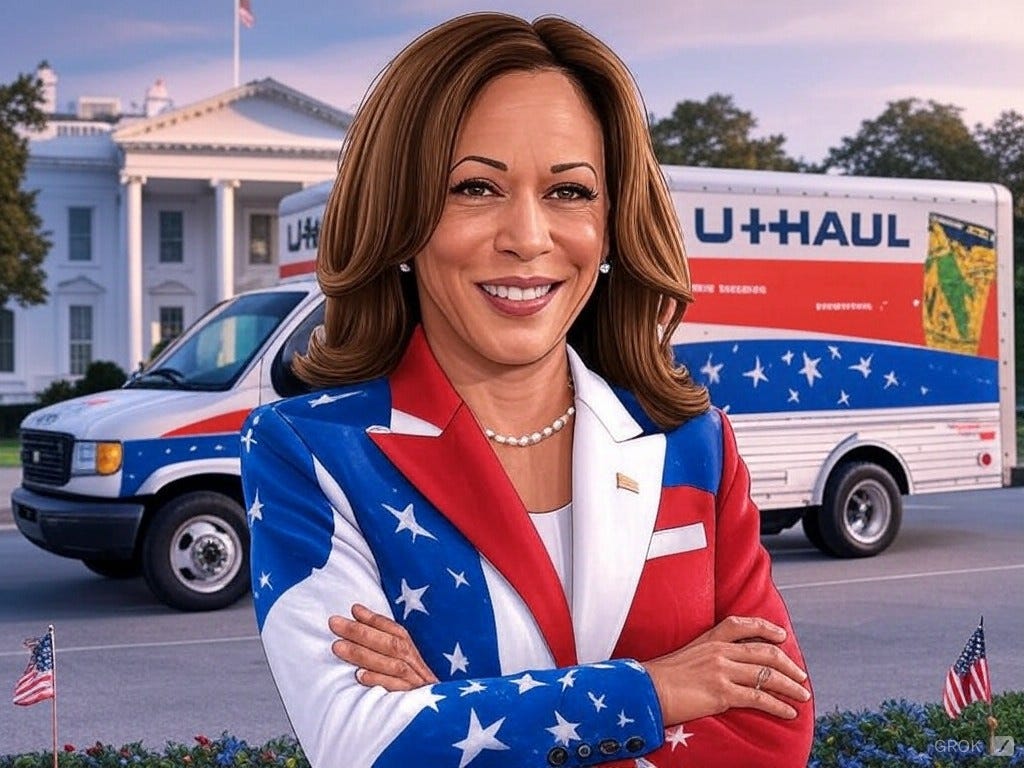Election Reflections 2024: Harris Lost--Now Therefore What, Democrats?
Part 4
Election Reflections 2024: Harris Lost—Now Therefore What, Democrats?
The presidential race by Kamala Harris was painfully subpar from the outset. We have to rewind the tape back to 2023 and early 2024 to appreciate what went wrong. The Democrats played internal hardball to protect President Joe Biden from any form of primary contest. Robert F. Kennedy J…


